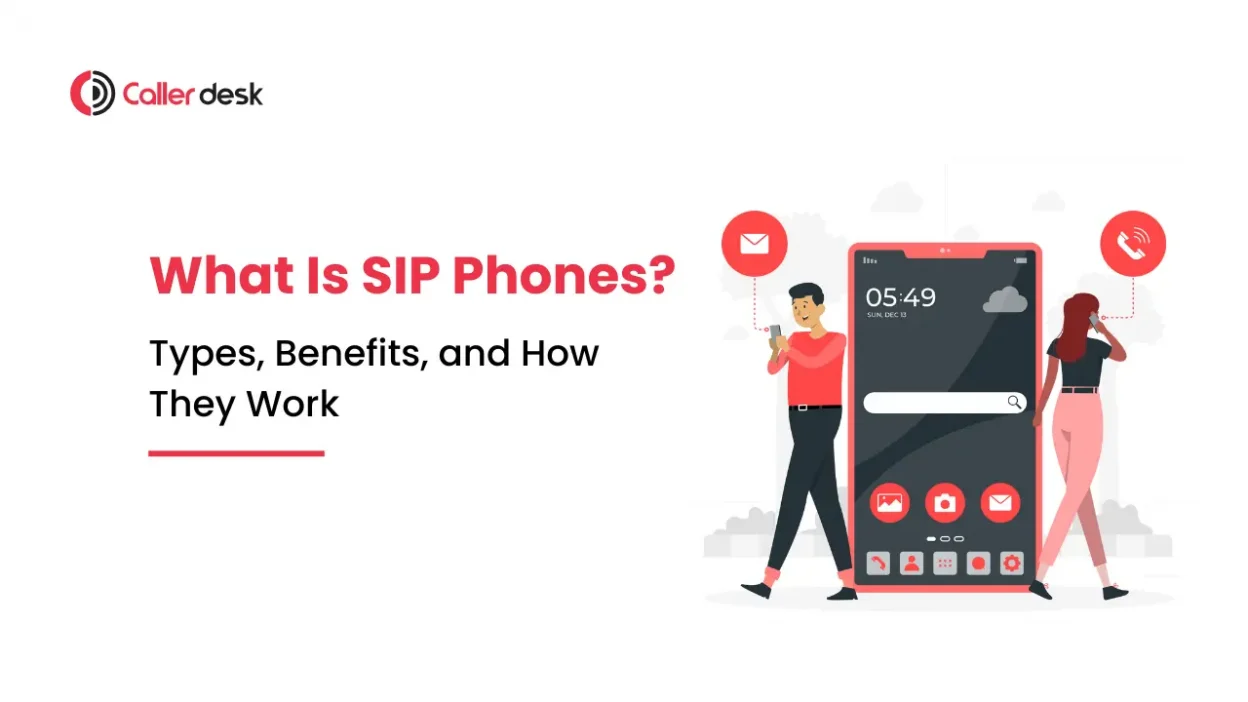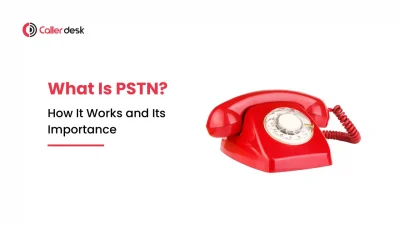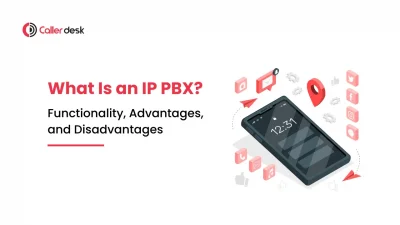Are you looking for a communication solution that goes beyond traditional phone systems? SIP phones might be the answer you need. SIP Phones (Session Initiation Protocol Phones) are advanced communication devices that use the SIP protocol to manage multimedia communication sessions such as voice and video calls. These phones are essential in modern VoIP (Voice over Internet Protocol) systems, offering superior flexibility and functionality compared to traditional phone systems.
Types of SIP Phones
SIP phones come in various types to suit different needs and environments. Here are the main types:
1. Hard SIP Phones
Hard SIP phones are physical devices that resemble traditional desk phones but operate over an IP network. They offer high-quality audio and often come with advanced features like programmable keys, large displays, and integration with other business systems.
2. Soft SIP Phones
Soft SIP phones are software-based applications that run on computers, smartphones, or tablets. They offer the same functionalities as hard SIP phones but provide the added flexibility of being accessible from any device with an internet connection.
3. Wireless SIP Phones
Wireless SIP phones are designed for mobility, allowing users to make and receive calls over Wi-Fi networks. These are ideal for large offices or environments where wired connections are impractical.
4. Video SIP Phones
Video SIP phones support video calls in addition to audio calls. They are perfect for businesses that rely heavily on video conferencing and need a reliable solution for high-quality video communication.
Benefits of SIP Phones
1. Cost Savings
SIP phones reduce communication costs significantly by using the internet for calls, eliminating the need for traditional phone lines. Businesses benefit from reduced call costs, particularly for long-distance and international communication. Companies have reported up to a 50% reduction in communication expenses.
2. Scalability
SIP phone systems are highly scalable, allowing businesses to easily add or remove lines as needed. This adaptability ensures that you only pay for the services you use, making it an ideal solution for growing businesses.
3. Advanced Features
SIP phones come with a number of advanced features such as call forwarding, voicemail to email, auto attendants, and conferencing. These capabilities boost productivity and enhance overall communication efficiency. For instance, call recording can be crucial for businesses needing to maintain records of customer interactions.
4. Mobility
With SIP phones, employees can place and receive calls from any location with an internet connection. This mobility is crucial in today’s remote work environment, allowing for seamless communication regardless of location. Employees working from home or on the go can maintain consistent communication with their teams.
5. Integration
SIP phones can integrate with other business applications such as CRM systems and email, streamlining workflows and improving customer service. Integration with CRM allows for immediate access to customer data during calls, enhancing the customer experience.
How SIP Phones Work
1. Setting Up the Call
- Initiation: When you dial a number on a SIP phone, the device sends a SIP request to the SIP server, asking to start a call.
- Server Response: The SIP server receives the request and looks for the recipient’s SIP address, similar to finding their phone number.
2. Connecting the Call
- Routing: The SIP server locates the recipient’s SIP phone and sends a connection request. If the recipient’s phone is available, it sends back a response indicating it’s ready to connect.
- Establishing Connection: Once both parties are ready, the SIP server establishes a direct connection between the two phones.
3. Transferring Data
- Voice and Video Transmission: After the connection is established, the conversation takes place. Voice and video data are sent back and forth using RTP (Real-Time Transport Protocol), ensuring high-quality audio and video.
4. Ending the Call
- Termination: When the conversation ends and you hang up, the SIP phone sends another SIP request to the server to terminate the call.
- Closing the Session: The server closes the connection between the two phones, terminating the call.
Conclusion
SIP phones offer a modern, flexible, and cost-effective solution for business communications, combining the benefits of traditional phone systems with the advantages of internet-based technologies. While there are some challenges and considerations to address, the overall benefits can significantly enhance your business operations and communication efficiency.
When deciding whether SIP phones are right for your business, consider your specific needs, budget, and existing infrastructure. With the right implementation and management, SIP phones can provide a robust platform for your business’s communication needs, supporting growth and enhancing productivity.
Explore how CallerDesk can help you implement SIP phones tailored to your business requirements, ensuring seamless integration and optimal performance.





